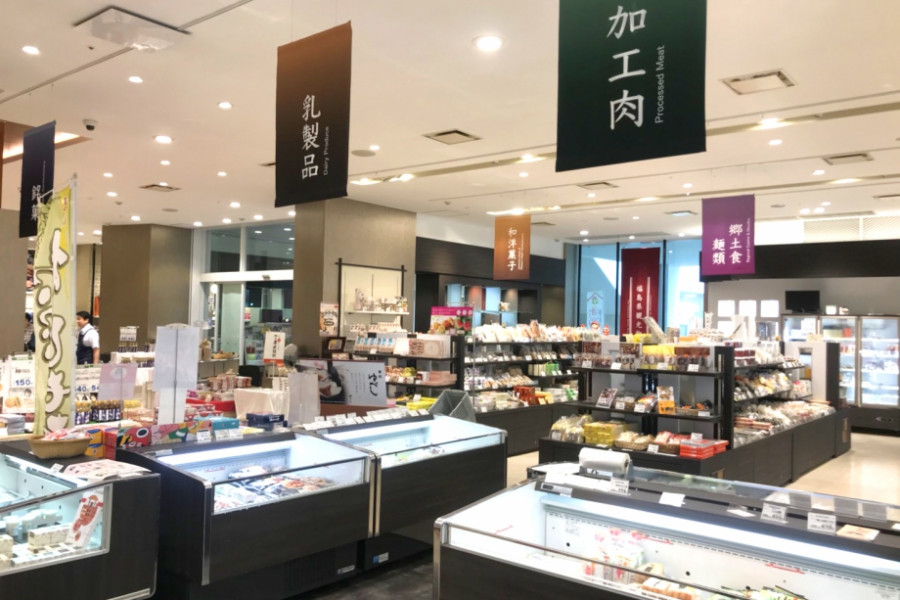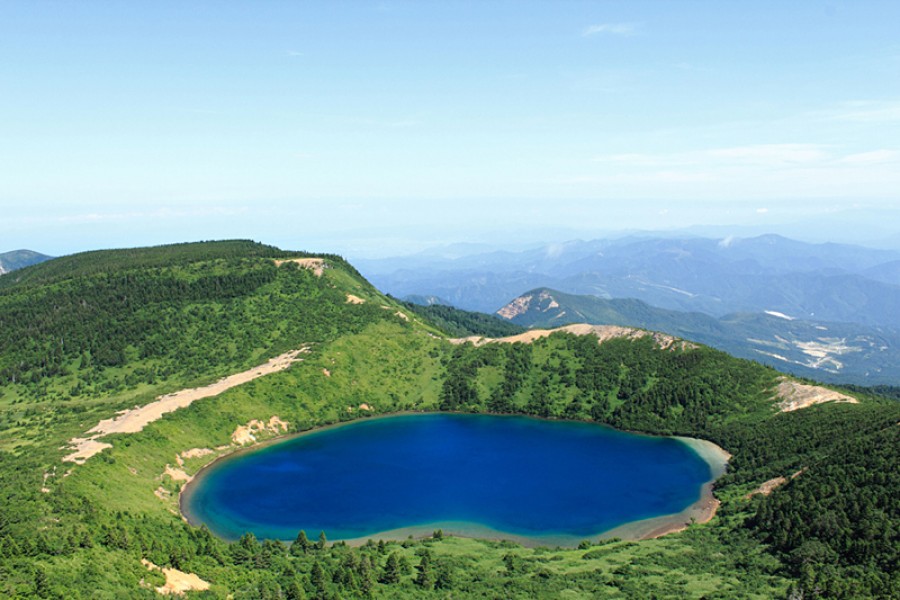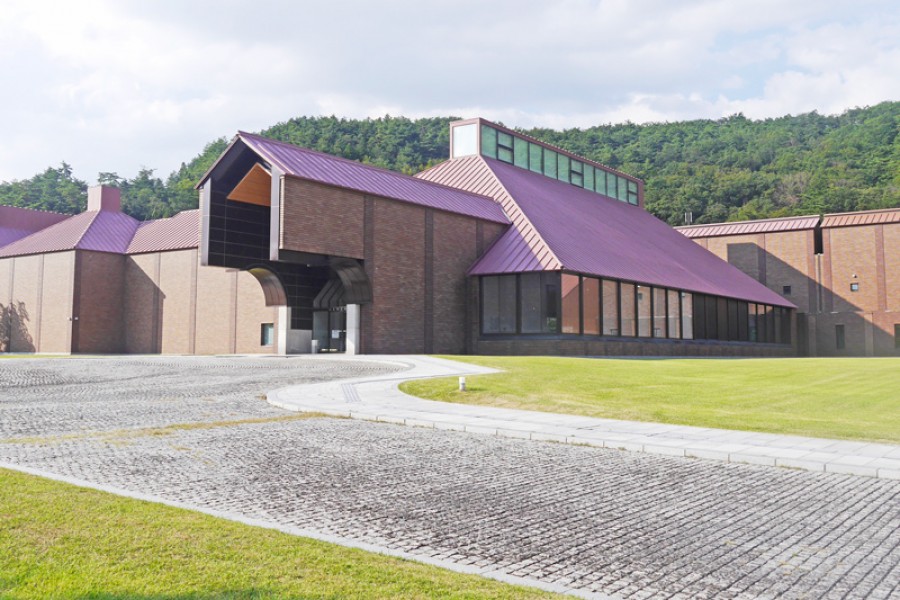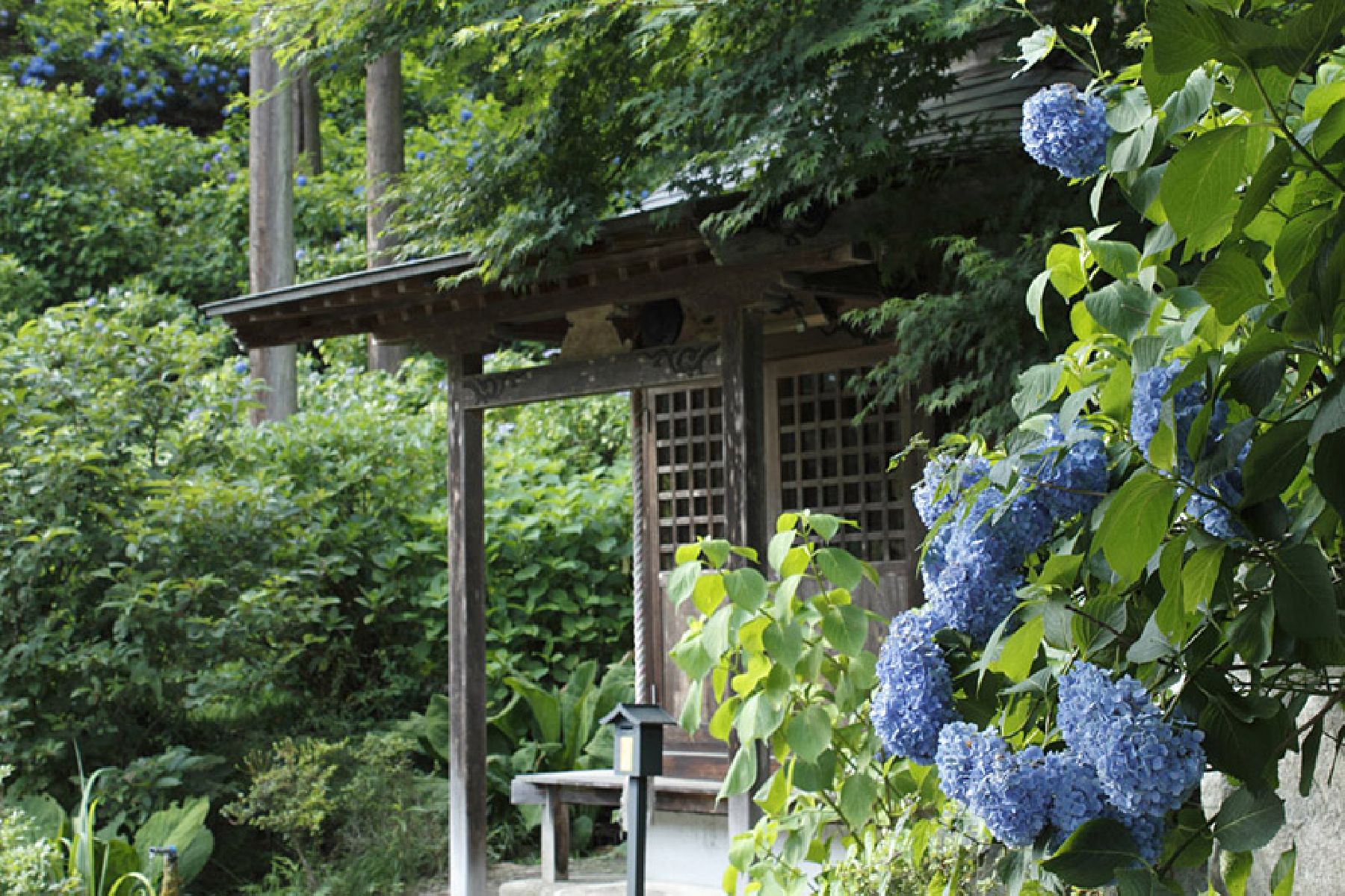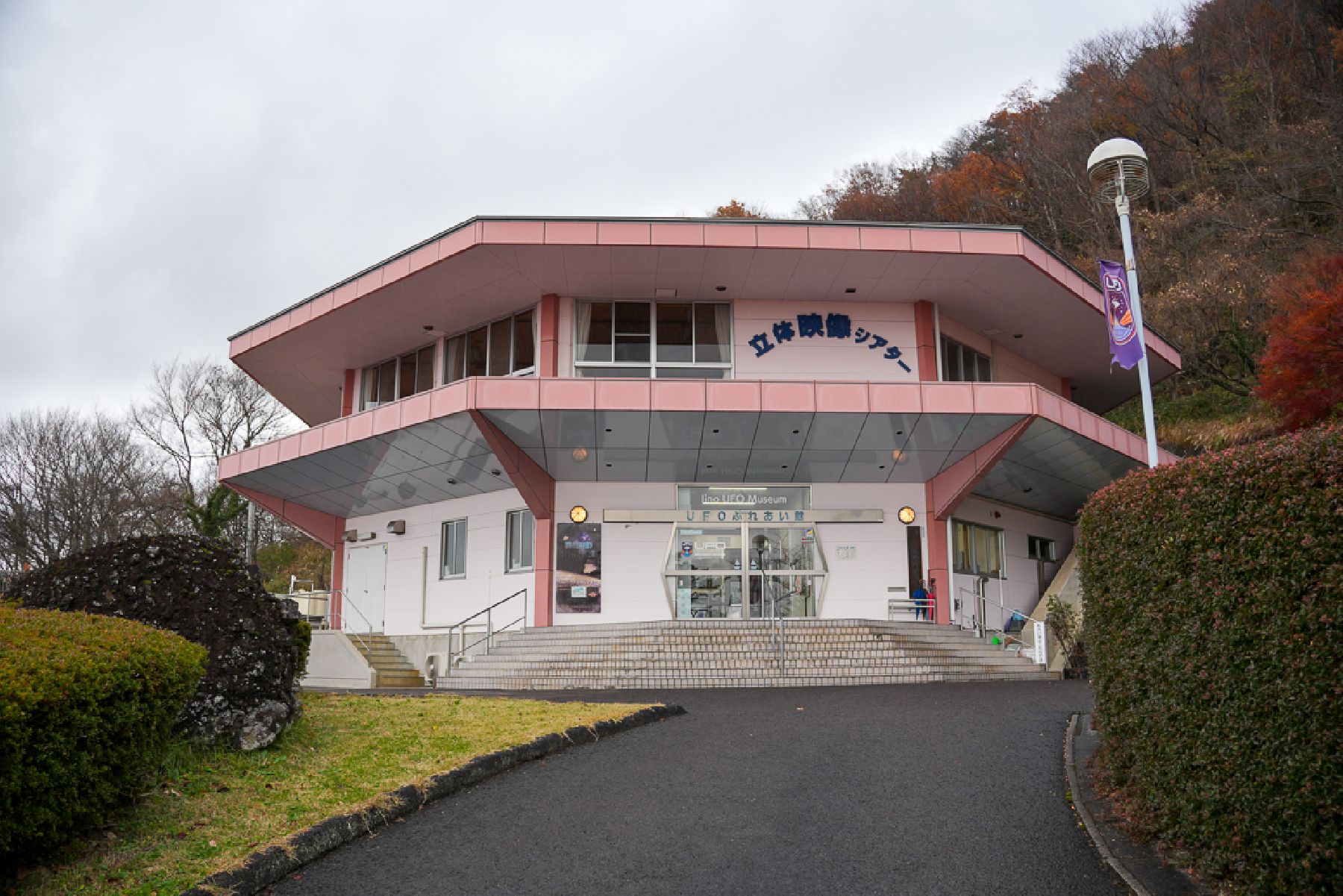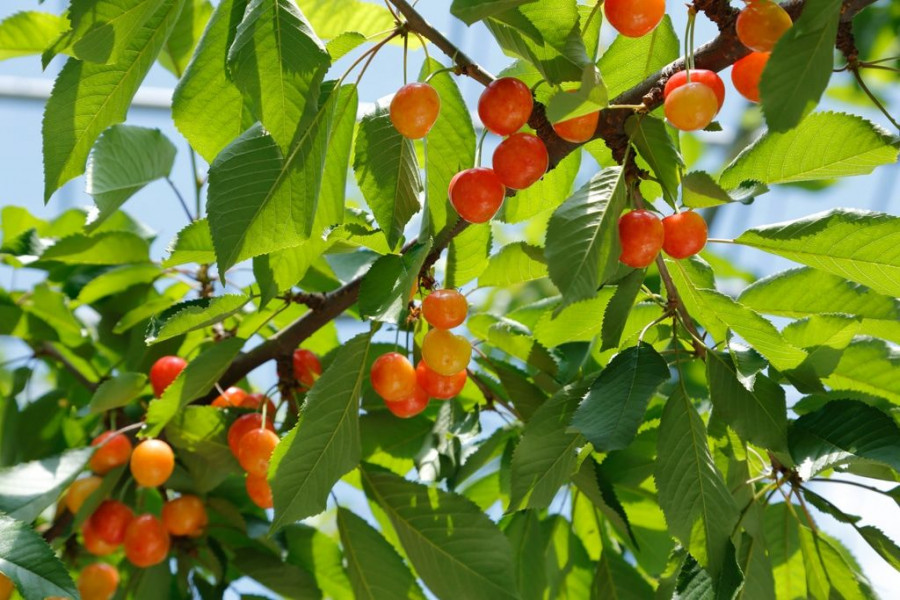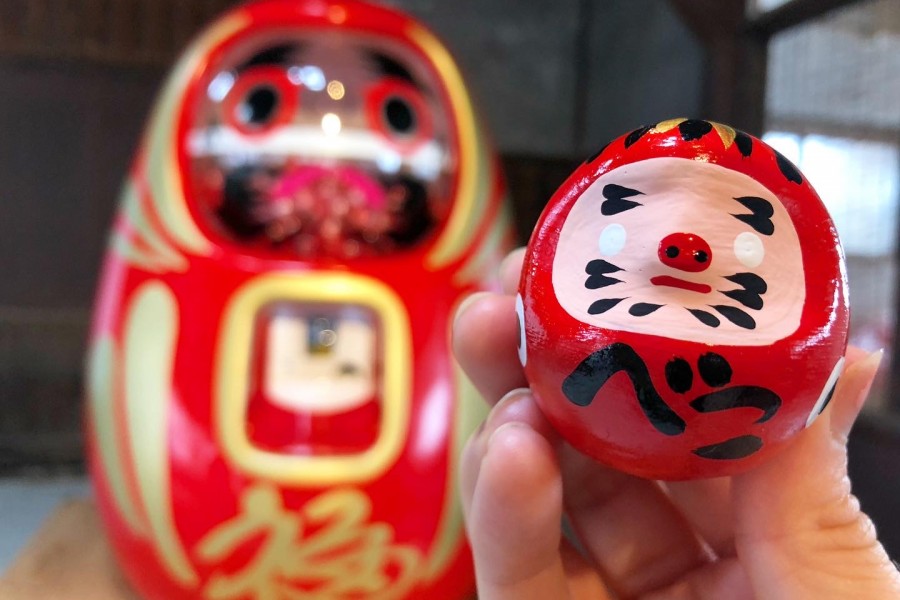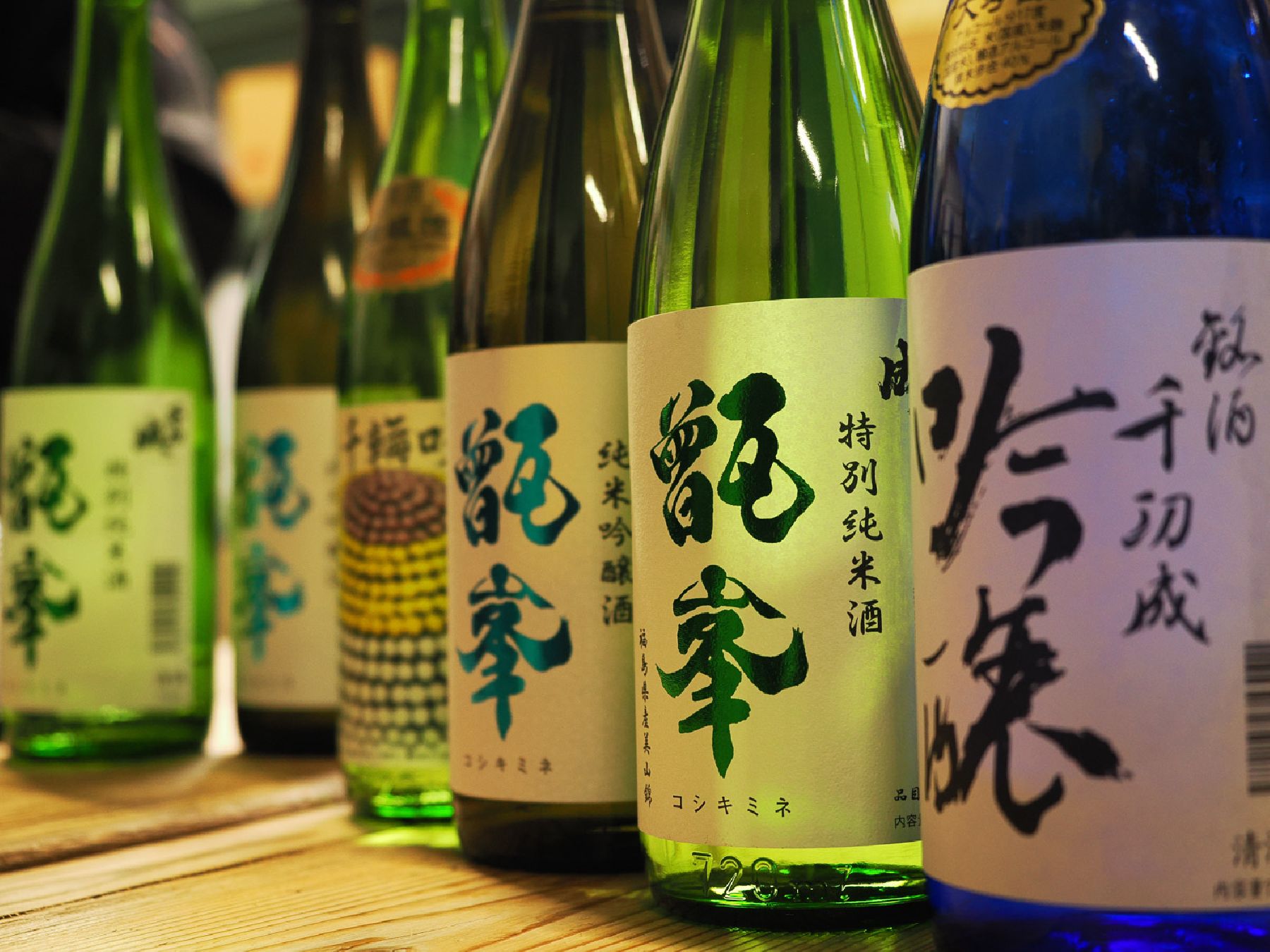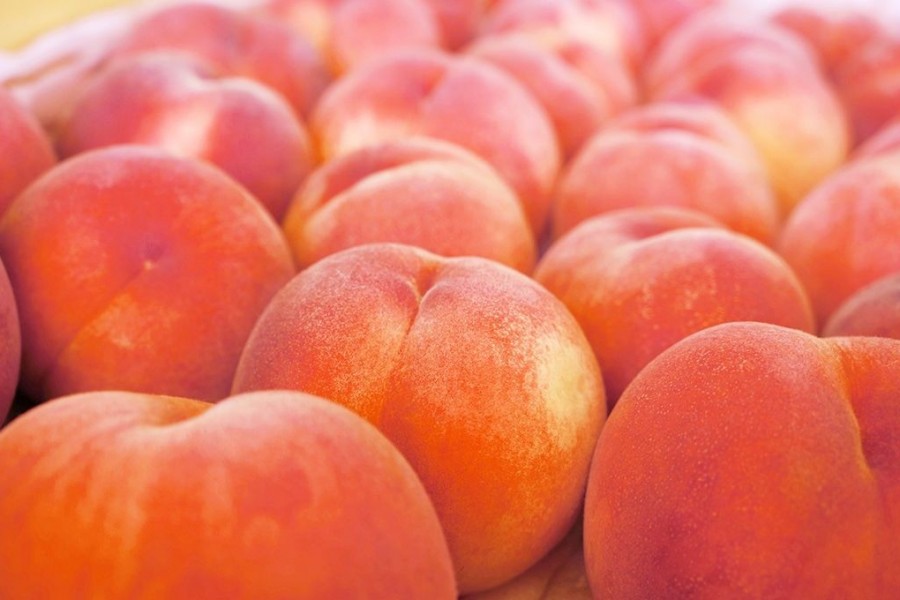Two Days, One Night in Fukushima Prefecture
Looking to visit the best of Fukushima Prefecture in only a short time? This itinerary aims to cover some of the prefecture's most popular spots in the space of a two day, one night stay, including lunch options and potential activities. The transport hub of Koriyama, served by both shinkansen (bullet train) services from Tokyo and local trains, is an excellent place to start your trip. The journey from Tokyo Station to Koriyama Station takes as little as 1 hour and 15 minutes on the shinkansen. On this trip, you'll visit, among others: The ethereal thatched-roof village of Ouchi-juku Tsurugajo Castle, samurai fortress of the Aizu clan The double-helix architecture at Sazaedo Temple Goshikinuma Ponds, one of northern Japan's most beautiful natural areas The astonishing colours along the Bandai-Azuma Skyline sightseeing road The Fukushima 'Fruit Line' with dozens of orchards This itinerary can also be combined with a beautiful cherry blossom spot like Hanamiyama or the thousand-year-old cherry tree Miharu Takizakura, if your trip falls in mid-April. These spots are most easily traversed by car, so this article recommends renting a car at Koriyama Station. There are four rent-a-car spots near the station with English support and online bookings available: Toyota Times Car Rental ORIX JR Rent-A-Car However, much of the course can be accessed by public transport. The sights towards the mountainous Inawashiro region (Goshikinuma Ponds, Bandai-Azuma Skyline etc.) can be more difficult without a car.
